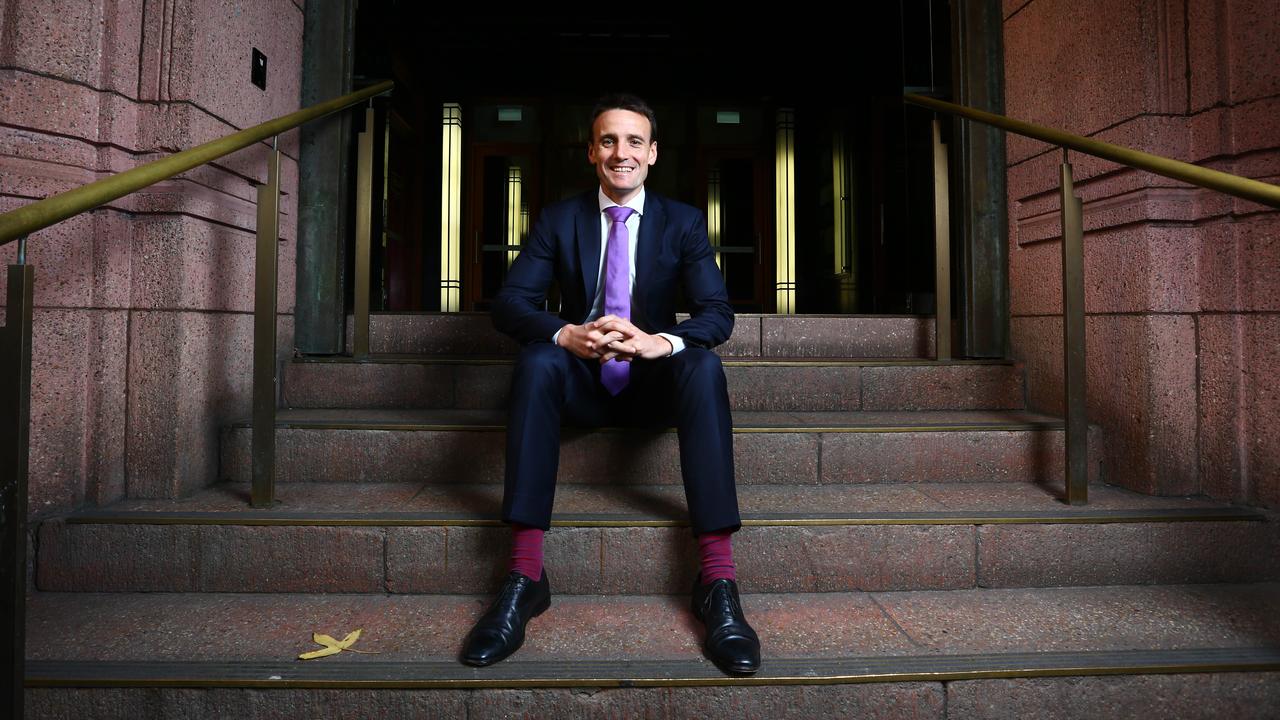China ban on initial coin offerings a blow to bitcoin
China bans kind of fundraising using digital currencies and promoted by celebrities like Floyd Mayweather.

Chinese authorities banned a type of fundraising using cryptocurrencies like bitcoin, dealing a blow to start-ups and other businesses that seized on the relatively new method of raising capital.
China’s central bank, cyberspace administration and banking, securities and other regulators have declared what are known as initial coin offerings illegal and ordered fundraising activities to “cease immediately.”
The ban wasn’t a surprise for the industry, coming after a financial technology industry association last month called for more stringent regulation of initial coin offerings, or ICOs. In recent days, authorities ordered inspections of ICO platforms, according to a document reviewed by The Wall Street Journal, and a handful of those platforms said they would stop providing services for the offerings.
Even so, prices for bitcoin and ethereum, two digital currencies that Chinese investors have pumped into ICOs, tumbled late yesterday after the ban, falling as much as 5 per cent and 11 per cent, respectively.
The government move should “help cool down the market and sweep away bad actors,” said Jehan Chu, whose crytocurrency hedge fund Kenetic Capital has invested in Chinese ICOs. He said he hoped regulators would allow some forms of digital currency financing later. “I don’t think they’re trying to kill it.”
Chinese regulators have waged a multi-front campaign against financial risks this year, after a rapid run-up in corporate debt and a proliferation of new, risky investment products, often sold to individual investors via the internet.
Scrutiny from Beijing is rising as Chinese leaders count down to a Communist Party congress next month that will reshuffle senior portfolios.
Virtual currencies have been among Beijing’s targets, being seen as a potent tool for scammers and a potential way for Chinese to move money offshore and circumvent the government’s capital controls. Chinese bitcoin exchanges, under prodding by the central bank, have adopted practices to prevent money laundering and other fraudulent activity.
The value of bitcoin and other digital currencies has soared this year to record highs, and initial coin offerings have taken off. Akin to crowd-funding, an ICO involves a firm, usually a business associated with the digital-currency sector, issuing tokens that investors can buy with digital currency and can one day exchange for a product or service.
Celebrity endorsements of coin offerings including by boxing champion Floyd Mayweather have helped promote such fundraisings in the US, which doesn’t have set rules on ICOs.
While no official fundraising figures are available, New York-based research firm Smith & Crown estimated that coin offerings this year have raised more than $US1 billion as of early July.
In China, businesses raised 2.6 billion yuan ($US397 million) in the first half of the year, according to a survey by the National Committee of Experts on the Internet Financial Security Technology, an industry group. It said that 90 per cent of the fundraising was done through bitcoin and ethereum, and that more than 100,000 individual participants were investing in the ICOs.
The piling in of retail investors has prompted entrepreneurs in the virtual-currency sector to sound the alarm about a bubble. The National Internet Finance Association, a domestic industry group backed by the central bank, warned last month about the potential for fraud, illegal fundraising and misleading advertisements.
China’s ban damps the climate for innovation in what had been a fast-evolving corner of China’s virtual-currency space, said investors, analysts and executives. Authorities in charge of overseeing risk in the country’s internet finance industry have marked 60 domestic ICO platforms for inspection.
Two major Chinese platforms specialising in ICOs have already discontinued fundraising services, while a September summit in Beijing that sought to attract entrepreneurs from around the world to discuss technologies related to virtual currencies, has now been cancelled by organisers.
Dow Jones Newswires



To join the conversation, please log in. Don't have an account? Register
Join the conversation, you are commenting as Logout